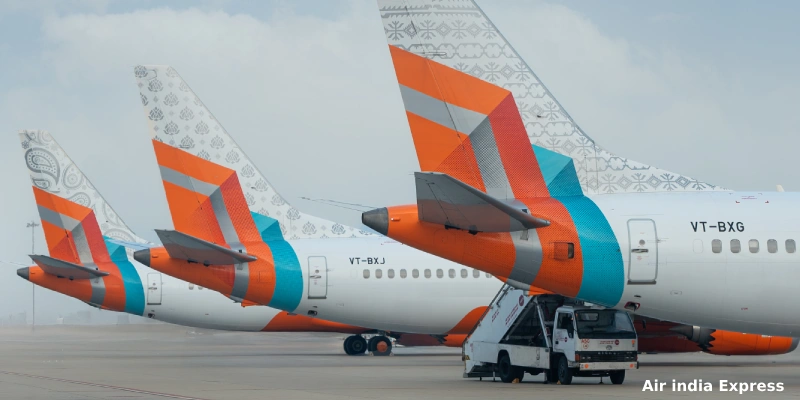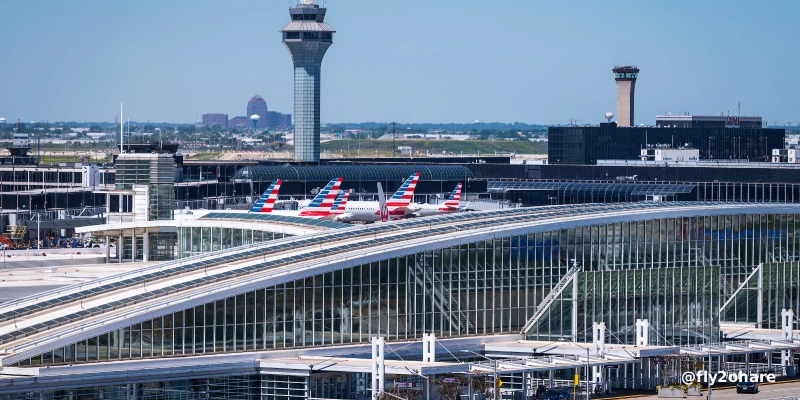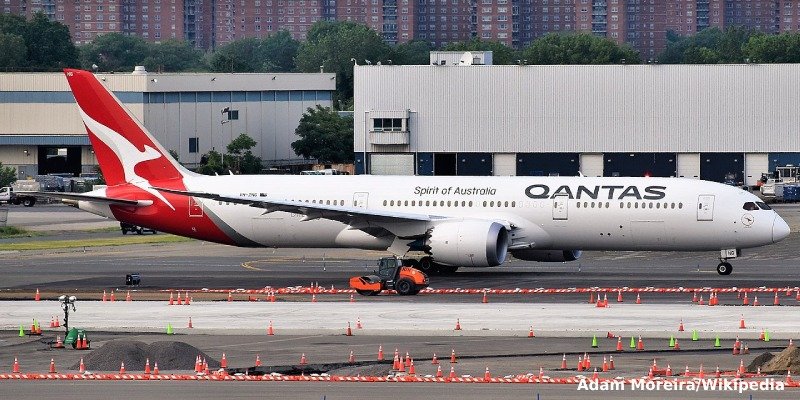India’s aviation sector has been under intense scrutiny in recent years, especially after the tragic incident involving an Air India Boeing 787 Dreamliner in Ahmedabad in June 2025. However, a new controversy has emerged, this time involving its low-cost subsidiary, Air India Express. Recently, the Directorate General of Civil Aviation (DGCA) reprimanded the airline for failing to meet deadlines for replacing critical engine components on an Airbus A320 and for falsifying records to simulate compliance, as exclusively reported by Reuters. This situation raises doubts about the airline’s ability to ensure operational safety and underscores the need for immediate action to prevent future incidents.
Airbus A320 Engine Issue
In March 2025, Indian authorities pointed out that Air India Express had failed to modify the engines of an Airbus A320 in accordance with recommendations from the European Union Aviation Safety Agency (EASA). The issue centered on the CFM International LEAP-1A engines, which EASA identified as having a “potentially hazardous condition.” The recommendation mandated the replacement of key components, such as seals and rotating parts, due to manufacturing defects that could lead to the release of high-energy debris, with potentially catastrophic consequences for aircraft control.
The affected aircraft, registered as VT-ATD, operates on both domestic and international routes, including destinations like Dubai and Muscat. Ignoring this defect could result in an extremely dangerous situation, particularly during flights over water or near restricted airspace. Despite the severity of the warning, the parts were not replaced within the stipulated timeframe, alarming regulators.
The Airline’s Cover-Up
What worsened the situation was the falsification of the aircraft’s maintenance records. According to a confidential government report, Air India Express personnel altered records in its maintenance management system (AMOS) to make it appear as though the engine modifications had been completed on time. This irregularity exposed serious flaws in the airline’s oversight and quality control processes, raising concerns among regulators and industry experts.
For its part, Air India Express acknowledged the error and pledged corrective measures. The airline attributed the oversight to a migration issue in its monitoring software and claimed the problem was resolved as soon as it was identified. However, the lack of transparency and the evasion of responsibility by maintenance managers only deepened distrust.
Corrective Actions and Reactions
Following the incident, the airline took administrative steps, including the removal of the quality manager and the suspension of the deputy manager responsible for airworthiness continuity. Nevertheless, EASA announced it would conduct a more thorough investigation into the matter, in collaboration with DGCA and CFM, the engine manufacturer, to determine whether the failure could have had more severe consequences.
This issue is not isolated. In the past, Air India has faced fines and warnings for safety regulation violations. Last year, Indian authorities penalized or warned the airline on 23 occasions for safety breaches, three of which involved Air India Express. These incidents highlight the urgent need for the airline to implement stricter safety measures and reinforce a culture of regulatory compliance.
Future of Air India: A Challenge to Overcome
The recent acquisition of Air India by the Tata Group in 2022 has raised high expectations for the airline’s future, particularly in terms of quality and international expansion. However, ongoing safety issues, passenger complaints about service quality, and inadequate airworthiness management remain significant obstacles that could hinder its ambitions of becoming a world-class airline.
With over 115 aircraft and daily flights to more than 50 destinations, Air India Express bears a tremendous responsibility to ensure its planes are safe, reliable, and compliant with all international regulations. Authorities must closely monitor the airline’s progress to prevent such incidents from recurring and to restore public confidence in the safety of Indian aviation.
Related Topics
American Airlines Becomes First U.S. Airline to Integrate Boarding Passes into Samsung Wallet
FAA Proposes Flight Reductions at Chicago O’Hare to Avert Summer Operational Collapse
Qantas announces new route: Sydney and Las Vegas to be Connected for First Time via Direct Flights
FAA Issues Airworthiness Directive for Boeing 737 MAX Due to Risk of Excessive Cabin Temperatures

Plataforma Informativa de Aviación Comercial con 13 años de trayectoria.




